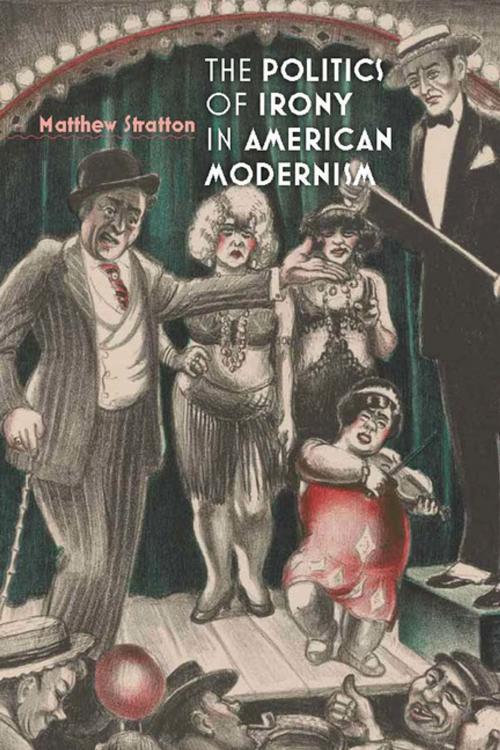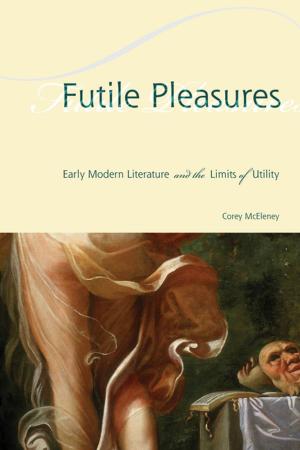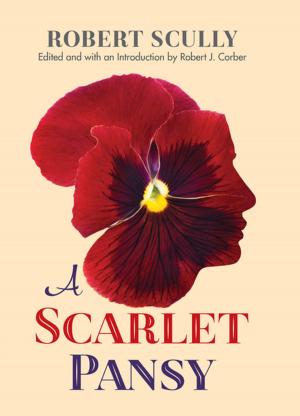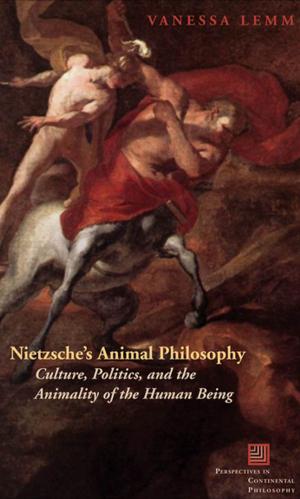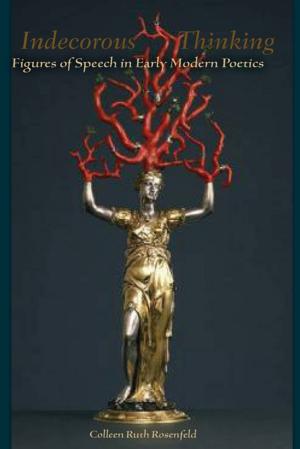The Politics of Irony in American Modernism
Fiction & Literature, Literary Theory & Criticism, American, Nonfiction, Social & Cultural Studies, Political Science| Author: | Matthew Stratton | ISBN: | 9780823255467 |
| Publisher: | Fordham University Press | Publication: | November 1, 2013 |
| Imprint: | American Literatures Initiative | Language: | English |
| Author: | Matthew Stratton |
| ISBN: | 9780823255467 |
| Publisher: | Fordham University Press |
| Publication: | November 1, 2013 |
| Imprint: | American Literatures Initiative |
| Language: | English |
Shortlisted for the 2015 Modernist Studies Association Book Prize
This book shows how American literary culture in the first half of the twentieth century saw “irony” emerge as a term to describe intersections between aesthetic and political practices. Against conventional associations of irony with political withdrawal, Stratton shows how the term circulated widely in literary and popular culture to describe politically engaged forms of writing.
It is a critical commonplace to acknowledge the difficulty of defining irony before stipulating a particular definition as a stable point of departure for literary, cultural, and political analysis. This book, by contrast, is the first to derive definitions of “irony” inductively, showing how writers employed it as a keyword both before and in opposition to the institutionalization of New Criticism. It focuses on writers who not only composed ironic texts but talked about irony and satire to situate their work politically: Randolph Bourne, Benjamin De Casseres, Ellen Glasgow, John Dos Passos, Ralph Ellison, and many others.
Shortlisted for the 2015 Modernist Studies Association Book Prize
This book shows how American literary culture in the first half of the twentieth century saw “irony” emerge as a term to describe intersections between aesthetic and political practices. Against conventional associations of irony with political withdrawal, Stratton shows how the term circulated widely in literary and popular culture to describe politically engaged forms of writing.
It is a critical commonplace to acknowledge the difficulty of defining irony before stipulating a particular definition as a stable point of departure for literary, cultural, and political analysis. This book, by contrast, is the first to derive definitions of “irony” inductively, showing how writers employed it as a keyword both before and in opposition to the institutionalization of New Criticism. It focuses on writers who not only composed ironic texts but talked about irony and satire to situate their work politically: Randolph Bourne, Benjamin De Casseres, Ellen Glasgow, John Dos Passos, Ralph Ellison, and many others.
